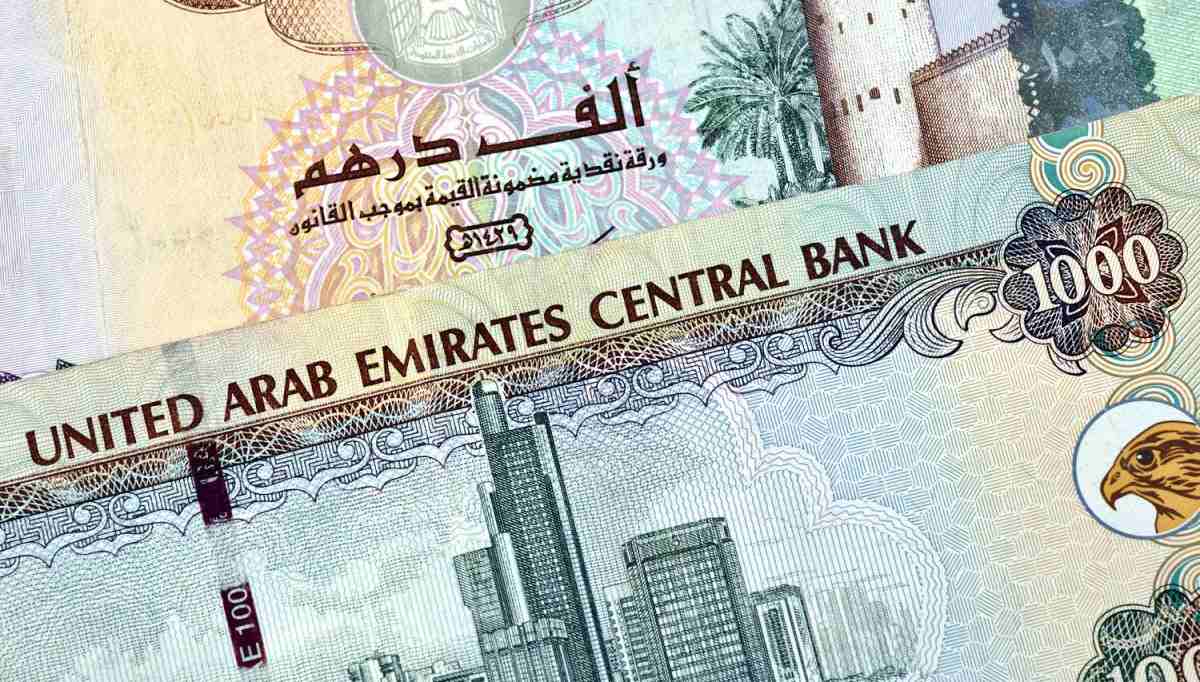Risks and Investment Management Strategies in Dubai Real Estate

Dubai is a city known for its skyscrapers, luxury, and endless beaches, and it hosts one of the most dynamic real estate markets in the world. Since its rise in the early 21st century, Dubai has attracted investors from all around the globe, offering unique real estate investment opportunities. However, like any investment, investing in Dubai real estate comes with its own set of risks. In this article, we will delve into the key risks that investors in Dubai face and develop investment management strategies to maximize returns and minimize potential losses.
Understanding the Dubai Real Estate Market
To successfully invest in Dubai real estate, you must begin with a deep understanding of the local market. Dubai offers a diverse range of real estate options, including apartments, villas, commercial spaces, and more. Each market segment has its own unique characteristics and requires varying levels of expertise.
You should also research the specifics of different areas in Dubai. Some areas may be more popular among investors, have higher rental yields, and property prices, while others may offer more opportunities for long-term investments.
Market Potential Assessment
Before making an investment decision, it's crucial to conduct a market potential assessment. This includes evaluating the demand for real estate in a specific area, the expected growth in property values, and an analysis of rental income.
Property price growth in Dubai can be quite volatile, and investors should assess how consistently they can expect property values to increase over the long term. This analysis should also include an examination of market influencers such as economic conditions, government policies, and legislative changes.
Currency Risks
Investing in Dubai real estate often comes with currency risks. The UAE Dirham (AED) is pegged to the US Dollar (USD), but exchange rates can fluctuate. Investors whose income and expenses are tied to another currency may face losses or gains depending on currency fluctuations.
Risks Imply Opportunities
However, it's important to note that risks also imply opportunities. For instance, if an investor anticipates a strengthening US Dollar against the Dirham, it can serve as motivation for investing in Dubai real estate, as they can expect an increase in the value of their assets in USD terms.
Legislative Risks
Dubai is constantly evolving and updating its real estate legislation. Legislative changes can affect property rights, tax obligations, and leasing regulations. Investors should stay updated with news and legislative changes and may even consult lawyers specializing in real estate.
Portfolio Diversification
One of the fundamental principles of risk management in investments is portfolio diversification. In the case of real estate, this means that investors should consider various types of real estate, different areas, and projects. Diversification helps reduce risks associated with specific assets or regions.
Investment Management Strategies
To effectively manage investments in Dubai real estate, investors can employ the following strategies:
Long-Term Investments
Putting funds into real estate with a long-term perspective can allow investors to enjoy stable rental income and anticipate property value growth over time.
Short-Term Investments
Some investors prefer short-term investments, such as short-term property rentals or participation in projects with high liquidity. These may provide higher yields but also come with higher risks.
Use of Property Management Companies
Many investors turn to property management companies to handle the management and rental of their real estate. This can streamline the investment process and reduce administrative burdens.
Monitoring Market Trends
Investors should continuously monitor market trends and respond to changes in the local economy, policies, and legislation.
Investing in Dubai real estate provides opportunities for capital growth and income generation, but it also comes with risks. To successfully manage investments in Dubai real estate, investors should have a good grasp of the market, evaluate potential, diversify their portfolio, and stay vigilant about legislative changes. With the right investment management strategies, investors can minimize risks and achieve their financial goals.
Keywords: Risks, strategies, investment management, Dubai real estate, market, economy, investors, construction, overview, funds, finance, forecast, returns, portfolio, stability, prices, demand, supply, liquidity, valuation, diversification, taxes, legal aspects, currency, infrastructure, projects, trends, competition, security, risk assessment, location, strategic approach, foreign investments, analysis, income level, profitability, manager, prospects, potential, long-term investment, cost accounting, regulation, planning, marketing, risk factors, asset selection, dollar, business plan





